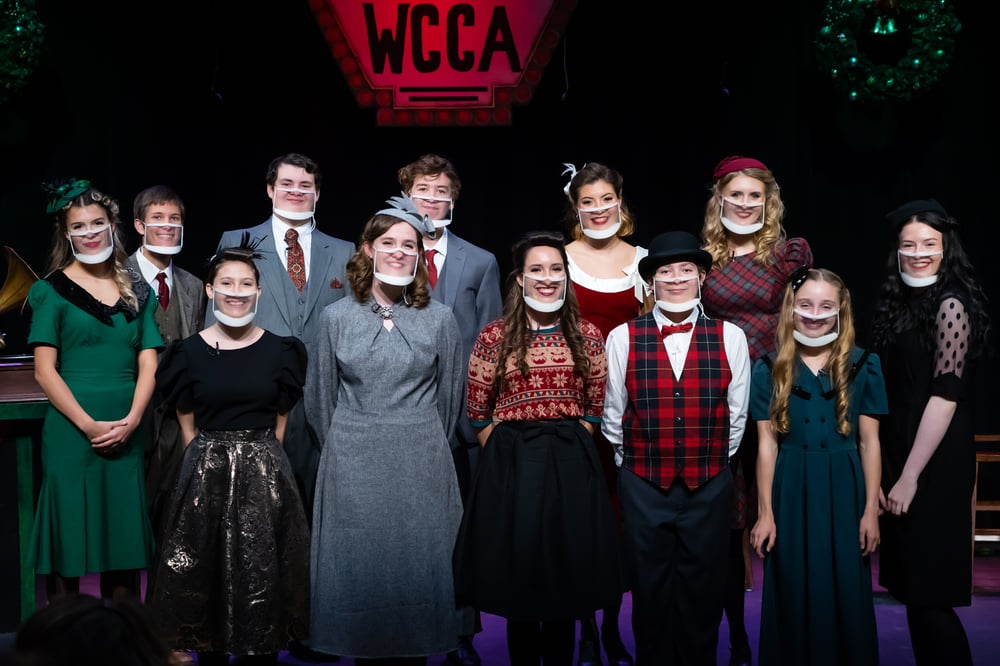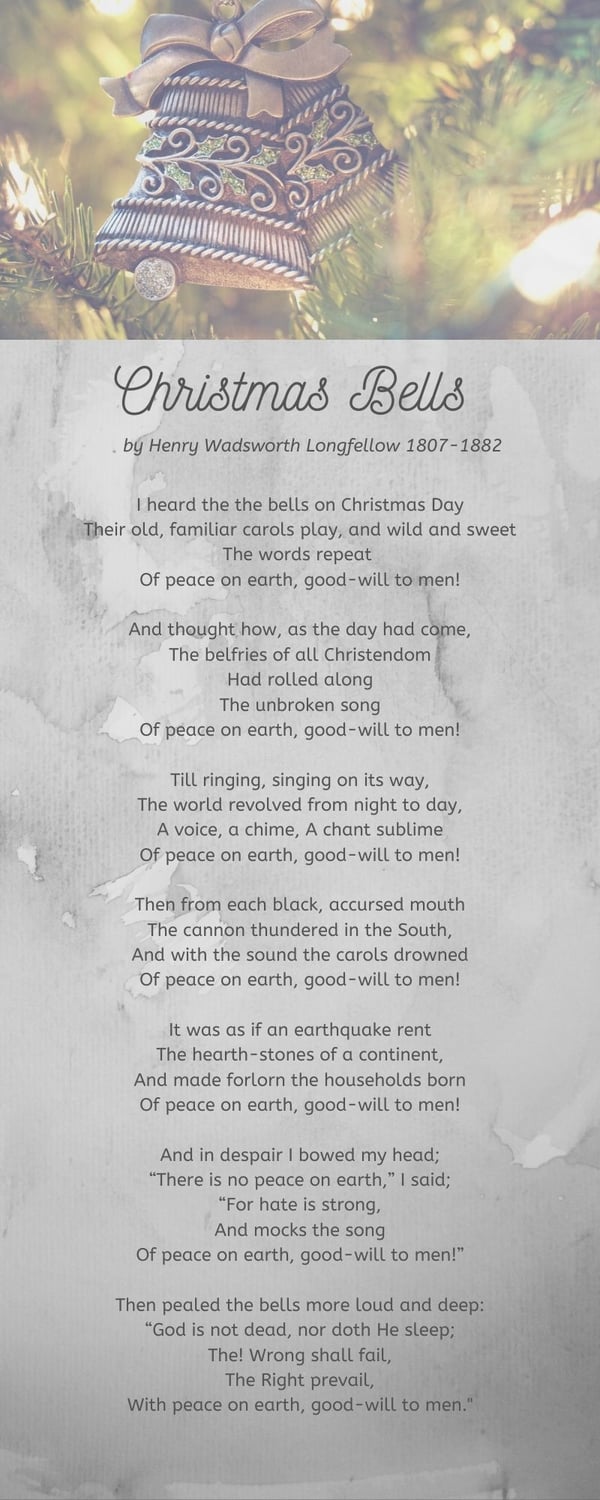
Christmas seems to serve as an amplifier. It certainly amplifies our joy, as well it should. We take joy in our friends and families, especially our children, and express it through gifts and traditions and great times together. It amplifies our faith, as we are reminded again of God’s love for us and the sacrifice of His Son. But it can amplify our sorrow as well. Something about the season makes our loneliness more desperate. It makes the loss of a loved one even more painful.
Undoubtedly many are struggling with burdens during this Christmas season. Maybe your life has been touched by tragedy. Many have lost loved ones to cancer or COVID. The anguish of Christmas is almost beyond the imagination. Maybe the continued economic malaise has left you without work or with a business that is struggling to survive. Perhaps there is an illness, a divorce, or some other painful trial you are experiencing.
Years ago, a friend reminded me that it is not “if” the trials come; it is “when.” As a younger man, I didn’t fully appreciate that, even though I nodded in wise agreement. But the years make clear that statement to be a timeless truth. In light of this truth, I am reminded of Henry Wadsworth Longfellow’s words and story in his great carol, “I Heard the Bells on Christmas Day.” A story no doubt of Longfellow’s sorrow amplified by the season but then replaced by his faith in God’s ultimate goodness. It is a great story that I had heard and long forgotten. I’m so glad I was in the car in time to catch the last few minutes of a message by Jack Graham as he talked about that great Christmas carol.

Henry Longfellow lived through a dark time of trial. Those words we sing he wrote on Christmas Day, 1864. The nation was torn by the civil war. As desperate as our country’s days may feel today, they no doubt pale compared to those dark days. His oldest son had been severely wounded in the war the year before he wrote the carol. Before that tragedy in 1861, his beloved wife Fanny was fatally burned in a fire in their home. Longfellow was injured so badly trying to save her from the flames he could not attend her funeral.
So grieved was he that a year after his wife’s death, in his journal, he wrote, “I can make no record of these days. Better leave them wrapped in silence. Perhaps someday, God can give me peace.” On Christmas Day, 1862, his journal records “a merry Christmas say the children, but that is no more for me.”

Longfellow's struggle with the pain continued through the lines of the carol on that Christmas in 1864, as the sixth stanza reflects.
And in despair I bowed my head;
"There is no peace on earth," I said;
Yet the sounds of the church bells ringing near his home in Cambridge, Massachusetts, touched his heart with the hope of Christ despite his despair, as in the final stanza, he recognizes God’s goodness and ultimate triumph.
Then pealed the bells more loud and deep:
"God is not dead; nor doth he sleep!
The Wrong shall fail,
The Right prevail,
With peace on earth, good-will to men!"
This Christmas, we know what amplifies our joy and troubles. We cannot really know that of others. But through it all, I conclude, as did Longfellow – God is not dead, nor doth he sleep. The wrong shall fail. The right shall prevail. I am so glad I know that.
Peace on earth.
Good will to men.
Merry Christmas!



